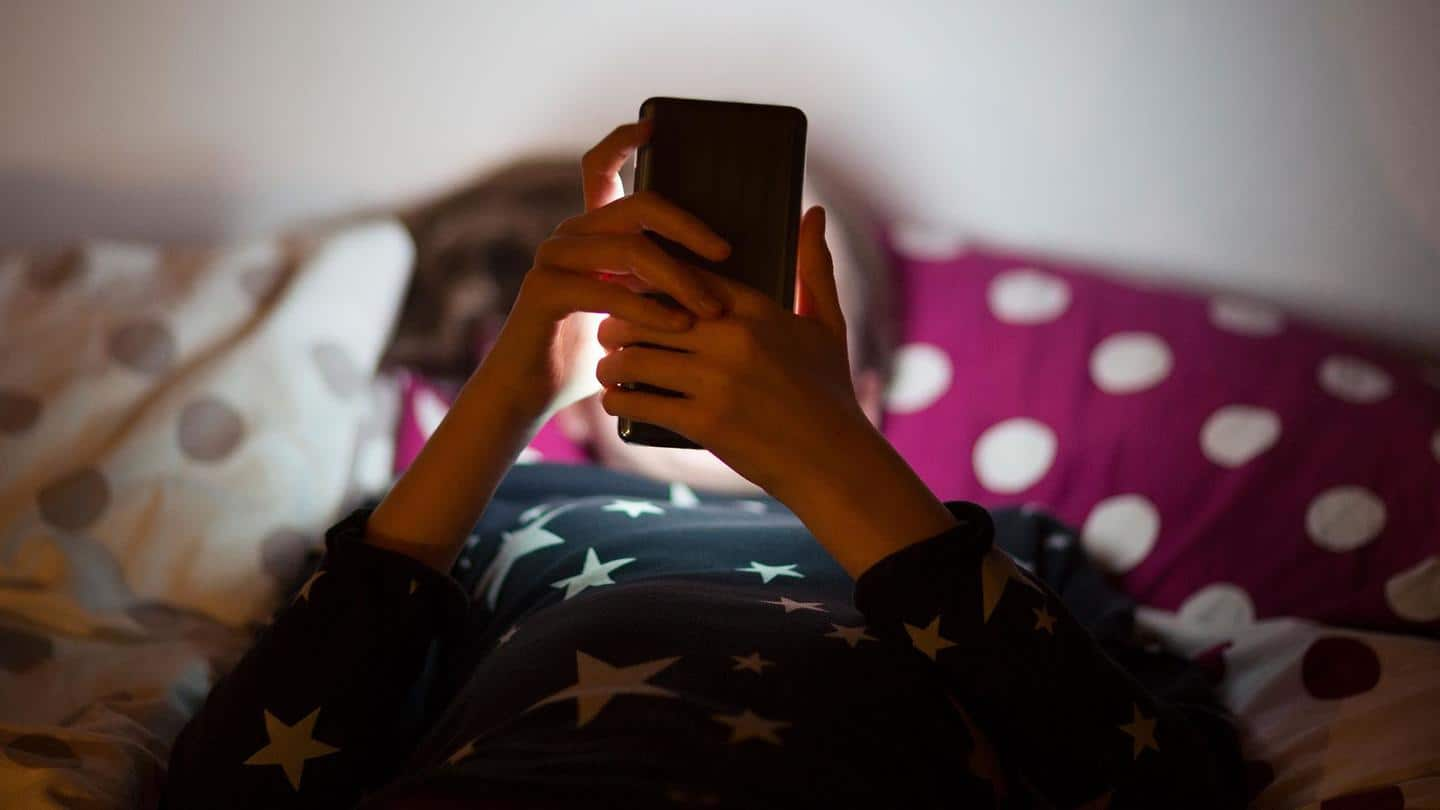
Facebook releases slides detailing Instagram's impact on teen mental health
What's the story
Social-media giant Facebook has recently published two slide decks outlining its studies about Instagram's effect on teenagers' mental health. Instagram's parent company also strongly refuted a Wall Street Journal article that accused it of obfuscating these studies. Facebook blamed WSJ for the "mischaracterization of internal Instagram research into teenagers and well-being." At least 40% of Instagram users are 22 years old and younger.
Research
Instagram admits it triggered mental health issues in some teens
One slide showed that Instagram started body image, attractiveness, and money-related issues among some American and British teenagers. Facebook, however, said the slide "should not be used as estimates of average experience among teen users" since many teens associated positive feelings with Instagram. Another slide showed that teenagers reported increased mental health struggles due to Instagram but felt compelled to use it nonetheless.
Defending its studies
Facebook's response to the heated controversy
In its defense, the company stressed that its studies did not measure "causal relationships between Instagram and real-world issues." Earlier, Facebook had pointed to studies by the Oxford Internet Institute that have shown little correlation between social media use and depression. However, the WSJ article said that Facebook was a donor to one of the researchers there.
Congressional hearing
How has the controversy impacted Facebook?
Facebook is set to testify before the US Congress on the impact of its products on children. American teenagers spend over 50% more time on Instagram than on Facebook and the WSJ report on Instagram is likely to play a pivotal role in the hearing. Facebook has already halted the development of Instagram Kids that intended to target children under 13 years of age.
By Facebook
Facebook's in-house researchers suggest Instagram should tweak feed recommendations, filters
Meanwhile, Facebook's researchers want Instagram to design "fun" filters instead of those focused on beautification. The researchers recommended increasing exposure to content from friends rather than celebrities. The company also introduced a feature so users can hide their likes. Facebook said that its internal studies were conducted to understand teenagers' perspectives and develop its products to minimize the impact on teens' mental health.